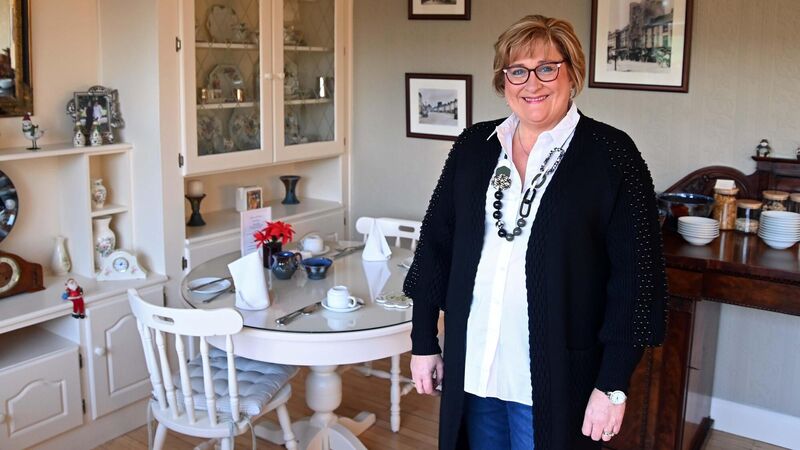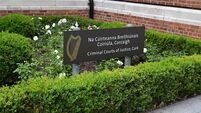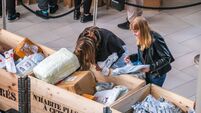B&Bs may be dwindling in number but they're not a thing of the past

Josephine Devitt in her B&B, Copperfield House in Cashel, Co Tipp. She is proud of the large amount of repeat business she has received: 'You know you’re doing something right'. Picture: Denis Minihane











